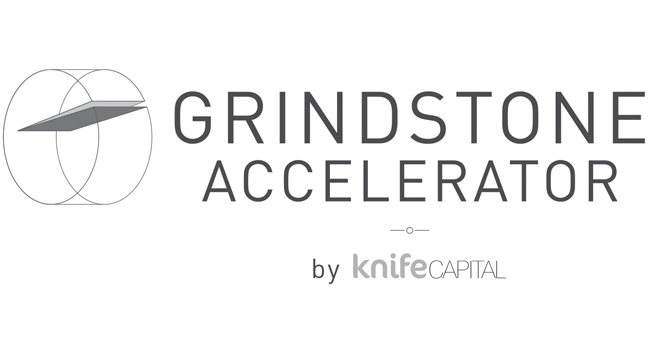South African growth equity investment firm Knife Capital is proud of its achievements so far but says it does not set itself apart from other venture capital (VC) companies as all future successes are interlinked.
Knife Capital focuses on innovation-driven ventures with proven traction, with Disrupt Africa reporting last month it had confirmed the 13 startups that will take place in its Grindstone accelerator programme, which is running for its second year.
The firm has seen significant success in the past few years, which saw it acquired by Johannesburg Stock Exchange (JSE)-listed investment holding company Afdawn in March of last year. It is operationally profitable and has so far been involved with in three exits to international blue chip companies, most recently when iKubu was acquired by Garmin last month.
“We are very proud of this as it validates local innovation and the upside potential for getting it right in Africa. While not always getting it right, our overall investment portfolio growth is impressive,” Knife Capital partner Andrea Bohmert told Disrupt Africa, adding the company was also proud of the growth of Grindstone and the partnerships it had forged with some major South African corporates.
However, Bohmert said Knife Capital did not want to set itself apart from other African VC firms from a competitive perspective, as it collaborated with such firms to build industry momentum.
“Our future successes are interlinked,” she said.
She did however say that Knife Capital was slightly different in that its partners are entrepreneurs themselves and its business model is diversified.
“We have investment activities, a fund management business as well as a for-profit business acceleration initiative,” Bohmert said.
“Our advisory business focusses on all or single activities around the ‘Find-Make-Grow-Realise’ investment value chain. We also focus more on growth equity as it de-risks the investments to some extent – as opposed to investing at the concept phase – and it accelerates time horizons for growth or exit. And lastly, our group structure enables us with a greater flexibility around funding structures.”
She said the creation of the Grindstone accelerator was the result of two trains of thought that Knife Capital was battling with.
“Firstly, we considered the process of doing intense due diligence on companies only to sometimes at the end not go through with the transaction to be highly ineffective and a severe drain on our resources,” she said.
“Secondly, we were tired of the arguments that venture capital in South Africa cannot work as the risk profile of “more than 50 per cent of companies fail” does not make early stage capital an attractive investment class.”
The Grindstone programme allows the firm to work intensely with a number of interesting companies, and perform a “quasi due diligence” on a number of companies simultaneously.
“At the same time we can measurably prove that through a clear set of interventions that the investment risk can be significantly removed and company growth accelerated. Once we crystalised that these two major obstacles to the success of an investment company can be addressed by one programme, Grindstone was born,” Bohmert said.
She said in South Africa as in the rest of the world entrepreneurs need all the “credible assistance” they can get.
“Incubators and accelerators are an important element in providing support. Incubator programmes such as the Bandwidth Barn, 88mph, BizSpark or the iHub in Kenya as well as our own Grindstone accelerator can all tell of great success stories where value was clearly added,” Bohmert said.
She said, however, that it was important to note that not every programme is the right one for every entrepreneur.
“When there is a match between what the incubator or accelerator can offer and the need of the entrepreneur, magic can happen. Joining any incubator programme without a clear expectation match can be a recipe for failure or wasted time and expectations,” Bohmert said.
“Entrepreneurs need to do as much due diligence on the incubator or accelerator programme as the programme is doing on them. If none of the parties sees a need to check if there is a match, success needs to be questioned.”
She said the startups chosen for the second edition of Grindstone are companies at a “potential inflection point, moving from startup to scale-up”.
“What differentiates them is the potential and even more the drive of the entrepreneurs to not fall into the trap of becoming a “lifestyle” business but rather embrace the challenges of taking their business to the next level, even if that means a radical rethinking of their business models.”
Knife Capital believes there is “visible momentum” in the South African startup scene.
“We see more people deciding to become entrepreneurs, more funding alternatives, increasing support structures through incubators, accelerators and importantly, large corporates putting their efforts behind supporting entrepreneurs,” said another partner, Keet van Zyl.
“Add to this serial entrepreneurs and an increasing number of successes that are openly celebrated. Encouragingly, the ecosystem is currently driven by collaboration and less competition as we all understand that we need to work together if we want the startup scene to become even more exciting,” he said.


